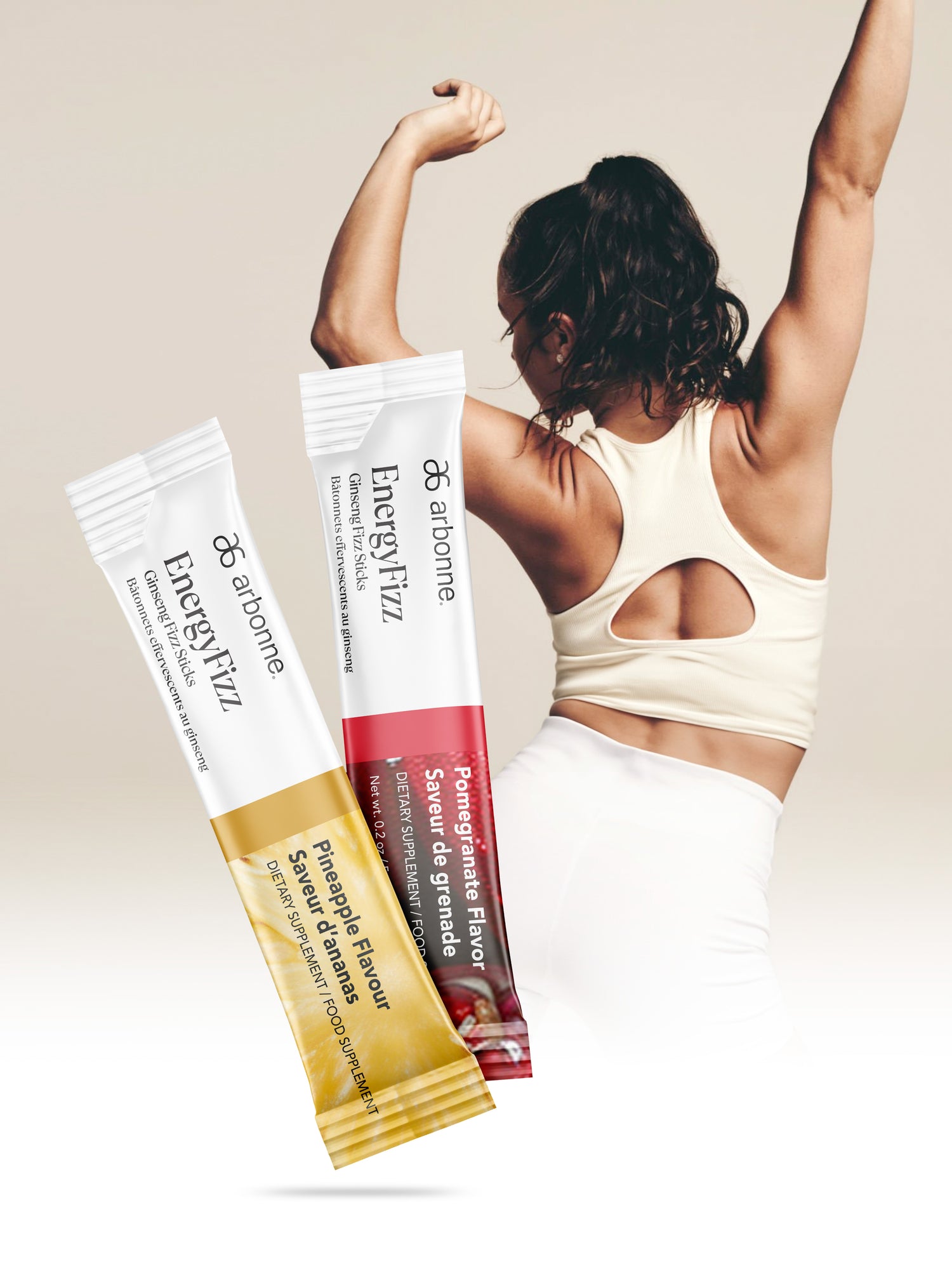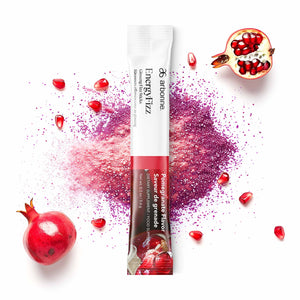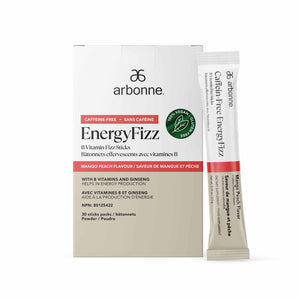What is Coenzyme Q10?
Coenzyme Q10 (CoQ10), also known as ubiquinone, is a fat-soluble antioxidant that plays a crucial role in the production of energy within cells. It is found in the mitochondria, the energy-producing centers of cells, and is essential for the synthesis of adenosine triphosphate (ATP), the primary energy currency of the body. CoQ10 is naturally produced by the body, but its levels can decrease with age and in certain health conditions.
Where is it Usually Found in Nature?
CoQ10 is naturally found in various foods, particularly those rich in fats. Key sources include:
Organ Meats: Such as liver, heart, and kidney.
Fatty Fish: Including salmon, mackerel, and sardines.
Whole Grains: Such as wheat germ and bran.
Nuts and Seeds: Particularly peanuts and sesame seeds.
Vegetables: Including spinach, broccoli, and cauliflower.
Legumes: Such as soybeans and peanuts.
In addition to dietary sources, CoQ10 is also available in supplement form to help boost its levels in the body.
Benefits to Health and Body
Energy Production: CoQ10 is essential for the production of ATP, the primary source of energy for cells, supporting overall vitality and physical performance.
Antioxidant Protection: It helps protect cells from oxidative damage caused by free radicals, reducing the risk of chronic diseases and aging.
Heart Health: CoQ10 supports cardiovascular health by improving energy production in heart cells, reducing oxidative stress, and helping to maintain healthy blood pressure levels.
Cognitive Function: It may improve brain health and cognitive function by protecting neurons from oxidative damage and supporting mitochondrial function.
Skin Health: CoQ10 is used in skincare products for its anti-aging properties, helping to reduce wrinkles and improve skin elasticity.
Examples of Use
Supplements: CoQ10 supplements are popular for supporting heart health, energy levels, and overall well-being. They are available in various forms, including soft gels, capsules, and powders.
Skincare Products: CoQ10 is often included in anti-aging creams and serums to protect the skin from oxidative damage and promote a youthful appearance.
Energy Drinks and Foods: Some functional foods and beverages are fortified with CoQ10 to enhance their health benefits.
Suggested Daily Intake
The recommended daily intake of CoQ10 can vary based on individual needs and health conditions. Typical dosages range from 30 to 200 mg per day. For specific health conditions, such as cardiovascular diseases, higher doses of 100 to 300 mg per day may be recommended. It is always advisable to follow the dosage instructions provided by the supplement manufacturer or consult with a healthcare provider.



